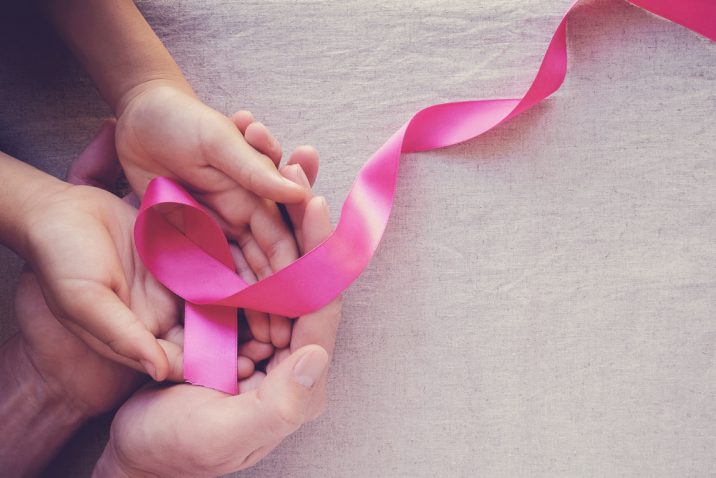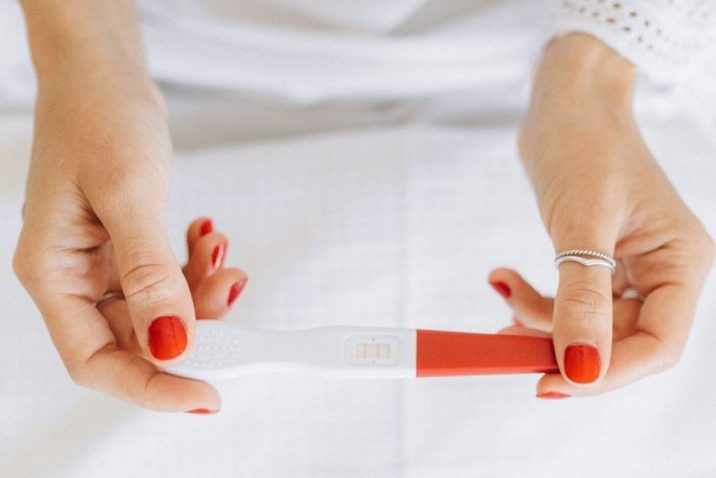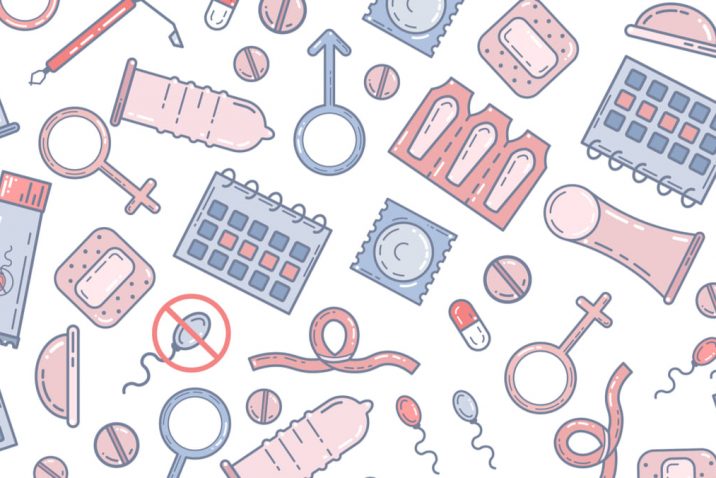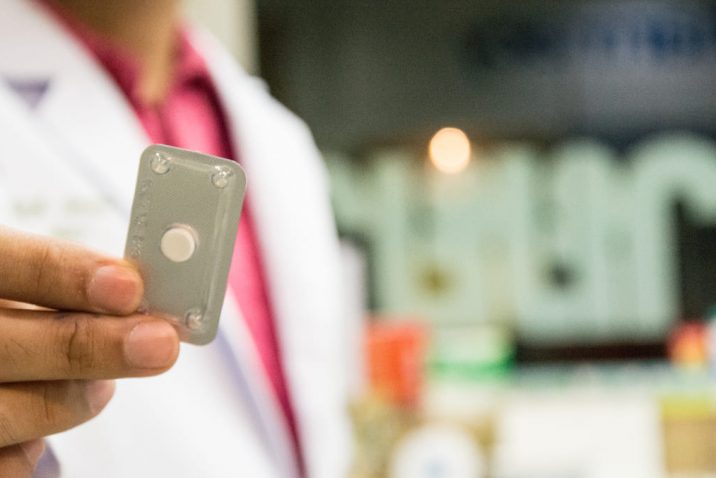The human papillomavirus (HPV) is the main cause of cervical cancer. The HPV vaccine can prevent most cases of cervical cancer if given appropriately. The government’s HPV vaccination policy The Japanese government made the decision to resume the...
The number of women who have had a breast cancer screening in Japan significantly decreased during the COVID-19 pandemic. The screening rate nationwide dropped by 30% in 2020. Mothers with small children are even more hesitant to visit clinics and...
In Japan, according to a survey conducted by the Ministry of Health, Labour, and Welfare, 1 in every 5.5 couples is receiving treatment for infertility. Approximately 16% of people who receive fertility treatment have left their jobs because they...
Have you ever experienced chafing and vaginal irritation from wearing tight undergarments? Wearing clothes that feel comfortable not only helps you avoid these unnecessary troubles but also puts you in the right mental space. As you spend more time...
Femtech is a newly coined term that refers to products, software and technologies that cater to women’s wellness and health. From fertility solutions and menstruation to maternal care and menopausal lifestyles, femtech offers assistance to...
Pads and tampons have been the most standard menstrual supplies for many years. However, with the rise of the femtech industry, more comfortable, sustainable and reliable products are available for those who experience monthly periods. One example...
Amid the global pandemic, Japanese carmaker Toyota is now allowing eligible official workers to work permanently from home. The policy is part of an effort to curb the spread of COVID-19, as well as to accommodate employees who are caring for small...
Earlier in June, a comment from opposition politician Hiranao Honda sparked anger and derision throughout Japanese media and social media. During a recent meeting on revising the current age of consent, Honda said, “It is absurd if a 50...
Female contraceptives allow women to take charge of their health and reproductive rights. Women need to be able to choose the most suitable method based on their lifestyle, health conditions and preferences. However, the reality in Japan is that...
Emergency contraception (EC), also known as the morning after pill, reduces a woman’s risk of getting pregnant by preventing or delaying ovulation. When taken within 72 hours of intercourse, this kind of contraception can prevent more than 80%...











